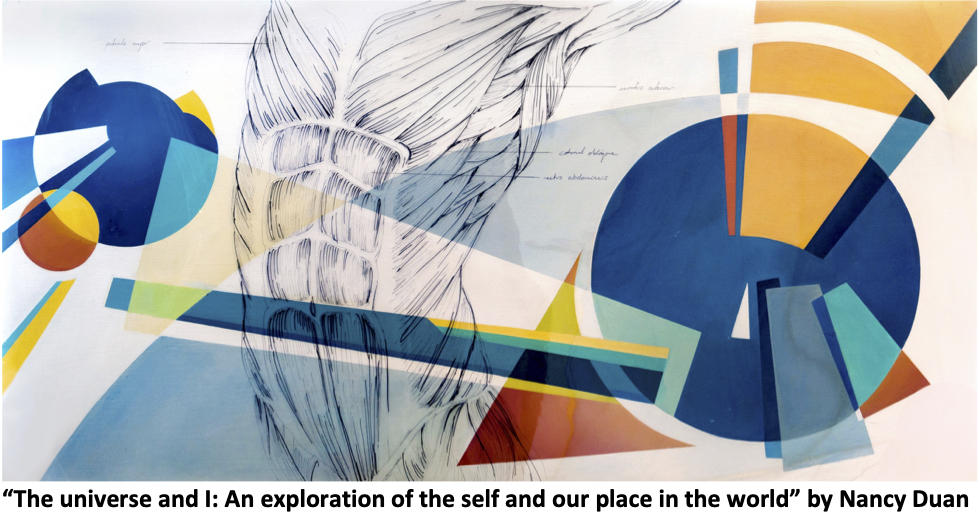Medical students’ personal experiences, religion, and spirituality explain their (dis)comfort with a patient’s religious needs
DOI:
https://doi.org/10.36834/cmej.69217Abstract
Background: Physicians often avoid discussing patients’ religious and spiritual concerns, even though most patients (i.e., 50-94%) want integrated care. To address this gap, medical students interviewed a Standardized Patient (SP) who was upset because the daughter did not confront her fiancée about converting to Orthodox Judaism. Students reflected on how their own religion and spirituality affected engaging with their patient.
Methods: With a 97% response rate, 231 first-year medical students responded to open-ended questions about their patient encounter. For this quantitative content analysis, we used inductive reasoning, identifying three themes: (1) impact of students’ own religion on their comfort, (2) change in comfort, and (3) their learning. We used deductive reasoning to compare qualitative results from half of the students who began the curriculum with a questionnaire about their own spirituality with the other students completing afterwards.
Results: Most students said being religious positively influenced their comfort, whether they were also Orthodox Jewish or from a different religion. Among uncomfortable students (6.5%), some attributed this to not being religious. Some students (4.8%) grew more comfortable discussing the religious issue, and 18.2% became uncomfortable due to lacking knowledge of Orthodox Judaism and the awkwardness of the topic. Students who had completed the questionnaire beforehand gave more comments about connecting with their patients than students who completed the questionnaire afterwards (X2=11.047, p<.001).
Conclusions: Students’ own religion influenced their comfort with discussing religious concerns, with some feeling more connected and others becoming uncomfortable. This finding helps inform medical educators about teaching mind-body-spirit care.
Downloads
Published
Issue
Section
License
Submission of an original manuscript to the Canadian Medical Education Journal will be taken to mean that it represents original work not previously published, that it is not being considered elsewhere for publication. If accepted for publication, it will be published online and it will not be published elsewhere in the same form, for commercial purposes, in any language, without the consent of the publisher.
Authors who publish in the Canadian Medical Education Journal agree to release their articles under the Creative Commons Attribution-Noncommercial-No Derivative Works 4.0 Canada Licence. This licence allows anyone to copy and distribute the article for non-commercial purposes provided that appropriate attribution is given. For details of the rights an author grants users of their work, please see the licence summary and the full licence.











